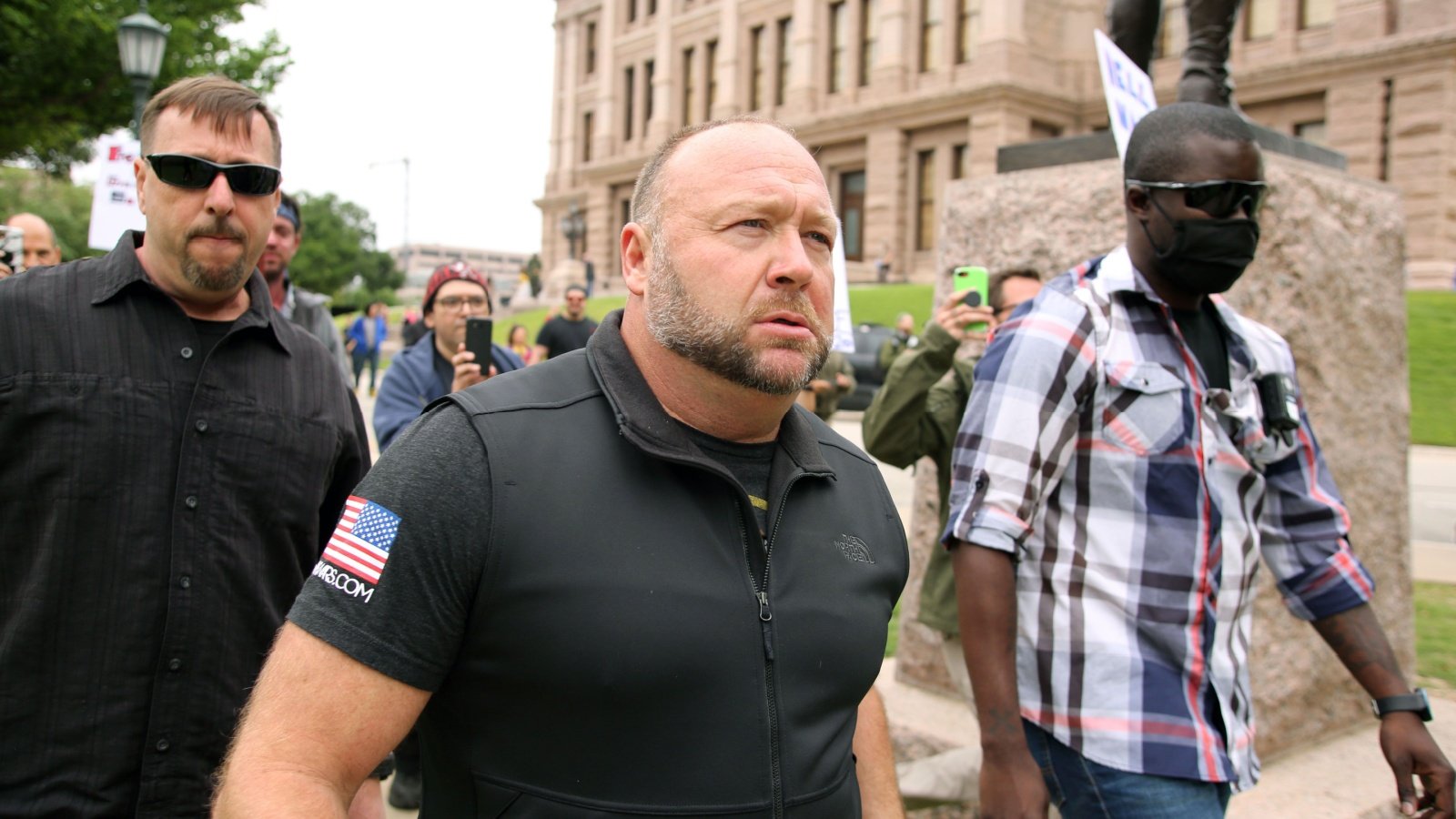For baby boomers, certain expressions resonate with a time when radios had dials and records could be skipped. These phrases are often baffling to younger ears who may not grasp the cultural context and personal significance. Let’s take a whimsical look back into the everyday vernacular of the boomer era.
Don’t touch that dial!

This phrase harks back to a time when televisions and radios had physical dials for tuning. It’s used metaphorically today to tell someone not to switch channels or stop paying attention. Boomers often say this out of habit.
You sound like a broken record

When boomers use this phrase, they’re telling someone they’re being repetitive. It originates from the days when vinyl records would skip and repeat part of the music if they were scratched. The younger crowd might not immediately grasp the reference.
That’s groovy!

“Groovy” is a term that peaked in the 1960s and ’70s, synonymous with cool or fantastic, especially in the hippie subculture. Boomers use it to express approval or enthusiasm, though it might elicit some raised eyebrows from younger generations.
Been there, done that, got the T-shirt

This phrase encapsulates a boomer’s experience and dismissiveness about doing something again. It suggests not only that they have experienced it, but they have exhaustively explored it to the point of receiving a metaphorical T-shirt as a souvenir.
Let’s not reinvent the wheel

When boomers use this phrase, they’re suggesting that making something overly complicated is unnecessary because a solution already exists. It’s a call to rely on existing methods rather than creating new ones for the sake of novelty.
Cool beans!

“Cool beans” is an expression of enthusiasm or agreement that became popular in the late ’70s and early ’80s. While its origins are a bit murky, it remains a cheerful and somewhat quirky affirmation among boomers. Younger people might find the expression charmingly outdated.
Make like a tree and leaf

This phrase is a playful way for boomers to tell someone to go away, using a pun on the word “leave.” Though it might seem corny to younger ears, it carries a certain nostalgic charm.
See you later, alligator!

After saying goodbye, boomers might add, “In a while, crocodile!” as a playful rhyming response. This post-WWII phrase brings a playful end to conversations, reflecting the lighter, more whimsical side of boomer interactions. The phrase has been passed down through generations but remains most closely associated with older adults.
This is not my first rodeo

When a boomer says this, they mean they have experience in what they are being questioned or advised about. It asserts their expertise and dismisses any doubts about their capability.
Money doesn’t grow on trees

This is a classic boomer phrase meant to instill a sense of frugality in the listener. It emphasizes the value of hard work and the importance of budgeting, reflecting the practical and often financially conservative mindset of many boomers.
Hold your horses

Boomers use this to tell someone to slow down or wait a moment. The phrase originates from a time when horseback riding was more common. It’s less relevant in the modern age but still used by boomers for its colorful imagery.
It’s like looking for a needle in a haystack

This idiom is used by boomers to describe a near-impossible search for a tiny object in a vast space. It harks back to the days of more rural lifestyles, where such an analogy would be easily understood and visualized.
Back in my day

Boomers start stories of their youth with this phrase, often highlighting how different, difficult, or simple things were compared to today. It sets the stage for a nostalgic recounting of past experiences, intended to offer perspective or impart wisdom.
We walked uphill both ways

Exaggerating past hardships, it’s often employed humorously to underscore how easy younger generations have it today. While it’s an exaggeration, it’s rooted in the real challenges of earlier rural or suburban life.
Don’t count your chickens before they hatch

Boomers might say this to caution against planning based on expectations that might not come true. It’s a piece of age-old wisdom about prudence and realism that transcends generations but is particularly resonant in boomer dialogue.
Actions speak louder than words

Boomers often use this adage to express the importance of deeds over promises or statements. It’s a call to evaluate people by their actions rather than their rhetoric. This phrase underscores a fundamental value of integrity and accountability often emphasized in boomer ethics.
You can’t teach an old dog new tricks

Used to express skepticism about changing established habits, this idiom reflects a resignation to aging or set ways. Boomers might use it humorously or seriously to dodge adopting new technology or methods.
A penny saved is a penny earned

This phrase underlines the boomer ethos of saving and financial caution, echoing their appreciation for thrift and financial security. It’s a nod to their coming of age in times when economic stability was not guaranteed.
Burning the midnight oil

This phrase is used to describe working late into the night, and it comes from the era before electric lighting, when oil lamps were used after dark. Boomers use it to denote hard work and dedication, often in the context of their professional lives or major projects.
The whole nine yards

While its origins are unclear, boomers use it to describe doing something thoroughly or with all possible resources. It reflects their commitment to completeness and thoroughness in tasks.
VCR is blinking 12:00

Boomers might jokingly refer to flashing VCR clocks to comment on someone’s struggle with technology. Back when VCRs were household staples, many people, especially the older generation, had difficulty programming them, leading the clocks to perpetually flash “12:00.”








